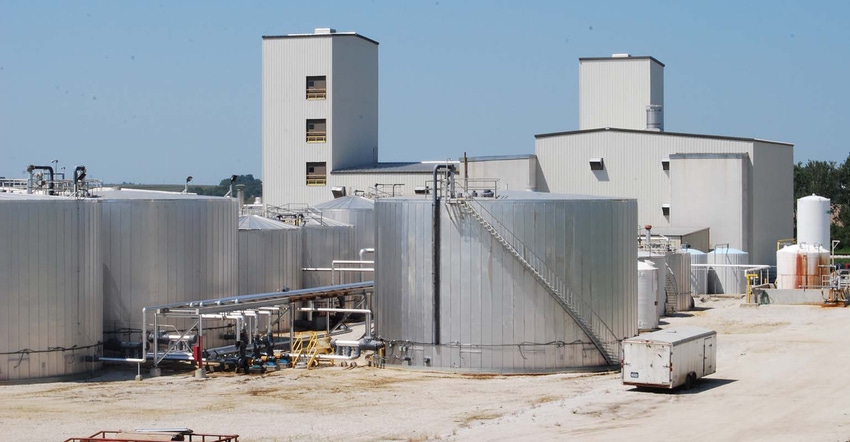May 29, 2019

The National Biodiesel Board praised House Agriculture Committee Chairman Rep. Collin C. Peterson, D-Minnesota, and Reps. Dusty Johnson, R-S.D., Dave Loebsack, D-Iowa, Rodney Davis, R-Illinois, and Roger Marshall, R-Kansas, for introducing the Renewable Fuel Standard Act of 2019.
The Act, which was introduced May 23, establishes an annual June 1 deadline for refineries to submit small refinery exemption petitions from their RFS blending obligations each year and increases transparency in the process.
“This is just one of the many things EPA could do on its own to ensure that the RFS volumes it sets each year are met and the market for biodiesel and renewable diesel remains open,” said Kurt Kovarik, NBB’s Vice President of Federal Affairs.
Over the past two years, the U.S. Environmental Protection Agency granted RFS hardship waivers to nearly every refiner that applied, according to the National Biodiesel Board.
“It is clear to me that EPA is abusing its authority by recklessly handing out small refinery waivers and refusing to account for them,” said Peterson. “This is hurting farmers and agriculture communities at the worst time. This bill ends the gamesmanship in the waiver process and increases transparency along the way.”
“The EPA has let oil refiners off the hook by circumventing congressional intent, putting ethanol producers at a disadvantage,” said Johnson. “The Renewable Fuel Standard Integrity Act makes sure that moving forward, the EPA’s waiver process will be fair, timely, and transparent.”
Since 2018, EPA granted 54 waivers to refineries for the 2016 and 2017 RFS compliance years totaling 2.61 billion ethanol-equivalent gallons being taken out of the market place. By law, the RFS requires that the EPA make adjustments when determining future biofuels targets to account for waivers to ensure that the overall biofuels targets are not reduced by waivers. However, the agency is not accounting for these waivers and the demand for biofuels is being undercut.
By setting a June 1 petition submission deadline each year, the EPA will have time to account for renewable fuel gallons stripped from the market due to these waivers. The bill also increases transparency by making information with respect to a petition subject to public disclosure.
Source: House Agriculture Committee, National Biodiesel Board, which is solely responsible for the information provided and is wholly owned by the source. Informa Business Media and all its subsidiaries are not responsible for any of the content contained in this information asset.
You May Also Like




